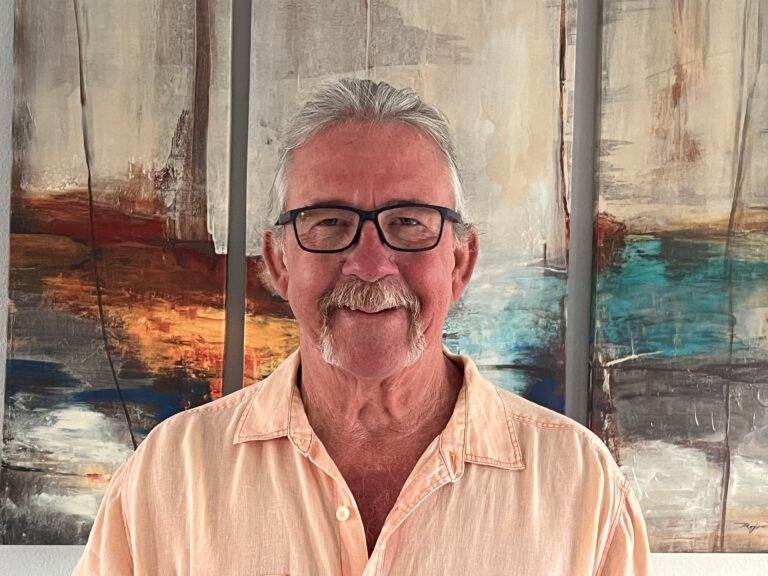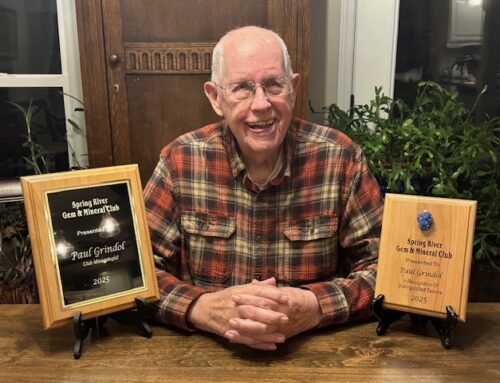Brain fog seems to be rampant in our society. It is characterized by struggles with concentration, the inability to think clearly, poor decision making, and irritability to name just a few. I suspect most of us have experienced it from time to time like times when we have not had enough sleep or perhaps during the morning or day when we may have consumed alcohol the night before. There are some people who live with brain fog on a daily basis.
The prevalence of dementia of all forms continues to increase within the United States and around the world. It would be rare to find a family that has not been plagued by it. Medical research continues to strive to find ways to battle this insidious disease. Pharmaceutical companies spend billions of dollars in their efforts to battle this disease.
One of the most effective ways to prevent neurological diseases and in fact for most diseases and illnesses is through preventative measures. The human body is the most remarkable creation. The body has innate ability to maintain and heal itself. The key to tapping into the body’s ability to heal itself begins by simply listening to our body. It will tell is what is healthy for us along with what to avoid.
The body has the power to help the brain heal itself. Research has shown that t has anhe way one lives their life has an impactupon their brain health. Poor lifestyle habits have a negative neurological effect upon the brain while a healthy lifestyle improves brain health. One example is the research done with people who struggle with substance abuse issues. Over time people who abuse substances experience changes in their brain structure that manifests in symptoms of brain fog to name just a few of the negative consequences of substance abuse and addiction. Remarkably, when those who struggle with substance stop using, over time, their brains start to restructure back toward more of a healthy brain.
The July 2025 issue of the Journal of the American Medical Association contained an article describing an experiment that had been conducted with 2221 people who either were in the beginning stages of Alzheimer’s or were at high risk of developing the disease. It was a study conducted by US.POINTER Alzheimer’s Association. What the scientists discovered was lifestyle changes could not only slow the process of Alzheimer’s it could reverse it.
The study found that physical exercise, nutrition, cognitive exercise, and health were four lifestyle interventions that could not only prevent the onset of Alzheimer’s but slow its progress in those with early onset, and in fact reverse its in some of the participants. In our “take a pill to fix things” mentality, it is difficult to accept that our health is largely influenced by the daily choices we make. To make dietary changes, engage in physical activity, monitor our health, and to engage in mental activities require work and discipline but have huge benefits. I suggest that not staying proactive with our health through healthy lifestyle habits requires more, is far less expensive, and involves more suffering in the long run.
The resilience of the brain is awe-inspiring; it is shaped not only by our genetics but by the choices we make each day. Nutrition, physical activity, stress management, and intellectual engagement all play crucial roles in the maintenance and restoration of cognitive clarity. For instance, a balanced diet rich in antioxidants and omega-3 fatty acids has been linked to improved mental acuity, while chronic stress can cloud our thinking and dampen our spirits.
It’s essential, then, to cultivate daily habits that nurture both mind and body. Simple practices such as regular movement—whether it’s a brisk walk or a session of yoga—stimulate blood flow to the brain, delivering much-needed oxygen and nutrients. Mindfulness and meditation, meanwhile, have been shown to reduce inflammation and improve emotional regulation, further clearing the mental haze.
Ultimately, the journey out of brain fog is as much about gentle self-awareness as it is about scientific discovery. By honoring our body’s signals and making intentional lifestyle shifts, we create fertile ground for sharper thinking, better mood, and a profound sense of well-being.






